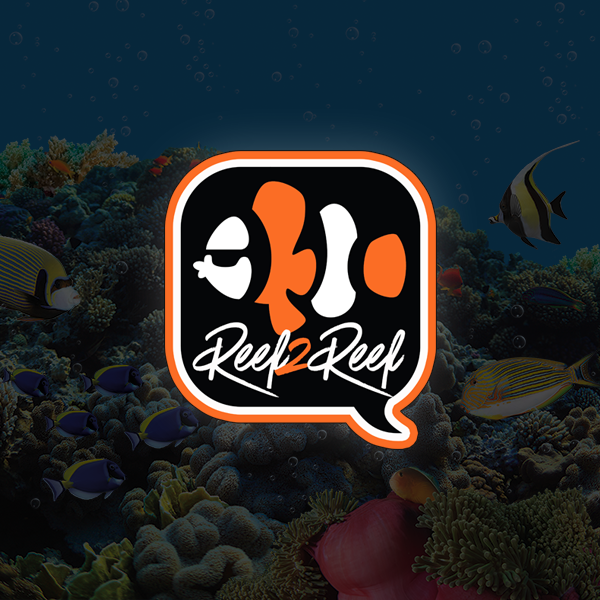Hi everyone,
I have a ~35 gallon tank that's about a year old with a few seahorses and a Banggai cardinal fish. I am using a 32-watt 24 inch full spectrum "25 000 K" Fluval mid-grade light as I thought it would be good for my macroalgae that I recently added. It
Like a dope, I also bought some sponges without doing enough research because I thought they'd look good in the tank with the seahorses. They just arrived today. I bought a red tree sponge which I thought would be a good hitching post (https://www.live-plants.com/redfinger.htm) and an elephant ear sponge (https://www.live-plants.com/elephantearsponge.htm)
I'm concerned for the following reasons:
Thank you so much!
I have a ~35 gallon tank that's about a year old with a few seahorses and a Banggai cardinal fish. I am using a 32-watt 24 inch full spectrum "25 000 K" Fluval mid-grade light as I thought it would be good for my macroalgae that I recently added. It
Like a dope, I also bought some sponges without doing enough research because I thought they'd look good in the tank with the seahorses. They just arrived today. I bought a red tree sponge which I thought would be a good hitching post (https://www.live-plants.com/redfinger.htm) and an elephant ear sponge (https://www.live-plants.com/elephantearsponge.htm)
I'm concerned for the following reasons:
- I didn't realize a LARGER and more well-established tank (10+ years) would be ideal. I can't do anything about the size, but I'm thinking to compensate by adding some Reef Phytoplankton that I have coming Friday morning, as well as keep copapods in the tank (I add them 1x each month) and occasionally stir up the sediment/sand a bit
- I am worried I have too much light going on. Right now I'm doing the regular day/night cycle that this light above offers. Should I try to keep my lights dimmer now in all cases? Wouldn't that be bad for the macroalgae? I'm reading tons of mixed articles about how the red tree sponge would fare good (OR BAD!) in light, so I can't get a clear idea. Everyone is contracting everyone else about it.
- The elephant ear sponges seem to prefer shade (can anyone confirm) so I should keep them under the shade of my live rock.
- I have been reading contradicting posts how some say the sponges, when they die, will nuke my tank with toxins, and others say it won't happen and to relax (lol) so i'm anxious about that impacting the seahorses.
Thank you so much!
Last edited:
















